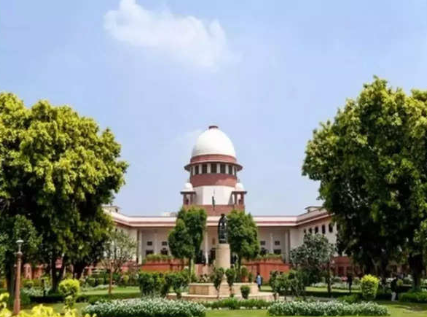For Liberty, By Law (GS Paper 2, Governance)

Context
- Recent Supreme Court decisions in India have significantly enhanced the constitutional understanding of personal liberty, reinforcing the principle that individual rights are paramount in the face of legislative actions.
Arguments in the Constituent Assembly
- During the framing of the Constitution, K. M. Munshi articulated a strong case for the necessity of due process protections concerning a person's life and liberty.
- He emphasized that in cases where due process rights conflict with ordinary legislation, the Constitution must take a stand.
- His argument highlighted that the fundamental right to life and personal liberty should not be compromised, regardless of the intentions behind any law.
- Other members of the Constituent Assembly, including K. T. Shah, Bakshi Tek Chand, and Purnima Banerji, echoed this sentiment, underscoring the need for robust protections of personal liberty.
- They collectively aimed to establish a constitutional framework that ensures the safeguarding of these rights against potential encroachments.
Recent Supreme Court Judgements
- In July, a division bench of the Supreme Court addressed the scope of constitutional courts regarding bail, asserting their supreme discretion in such matters.
- Invoking Article 21, which guarantees the right to life and personal liberty, the Court ruled that prolonged detention without trial is unjustifiable, even in serious cases.
- It stated, "A constitutional court cannot be restrained from granting bail... if it finds that the right of the accused under Article 21 has been infringed."
- This judicial stance was reinforced again in subsequent cases, notably concerning bail under the Prevention of Money Laundering Act (PMLA).
- The Court reiterated that statutory provisions must align with the higher constitutional mandate, emphasizing that personal liberty is a fundamental right that supersedes restrictive legal frameworks.
Bail is the Rule, Jail is the Exception
- The principle that "bail is the rule and jail is the exception" is a cornerstone of Indian constitutional jurisprudence.
- This principle asserts that individuals taken into custody should generally be released on bail unless compelling reasons exist to justify their detention.
- However, laws like the PMLA and the Unlawful Activities (Prevention) Act (UAPA) have complicated this principle, often leading to prolonged detentions.
- The recent Supreme Court decisions demonstrate a commitment to maintaining fidelity to the Constitution while navigating the complexities posed by special legislation.
- By reaffirming the primacy of personal liberty, the Court has paved the way for a judicial approach that balances legislative intent with constitutional rights.
Conclusion
- While Article 21 of the Constitution did not explicitly mention due process rights initially, the evolution of judicial interpretation has integrated these rights into the framework of fundamental freedoms.
- For the framers of the Constitution, ensuring due process was central to safeguarding personal liberties.
- The judiciary's current role in protecting these rights reflects a significant triumph in the ongoing effort to uphold individual freedoms within India’s constitutional democracy.


